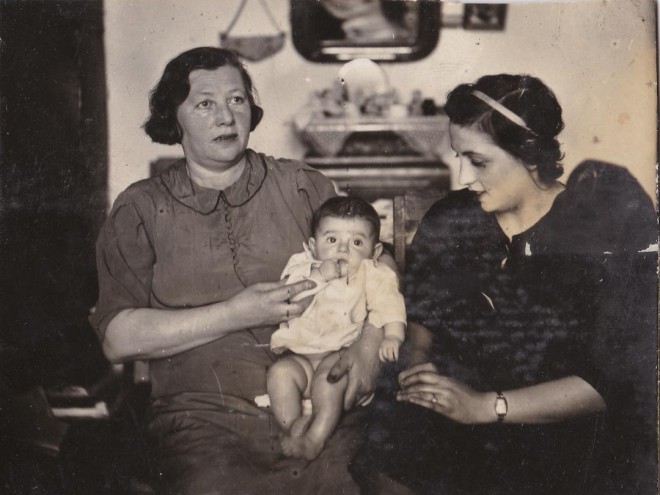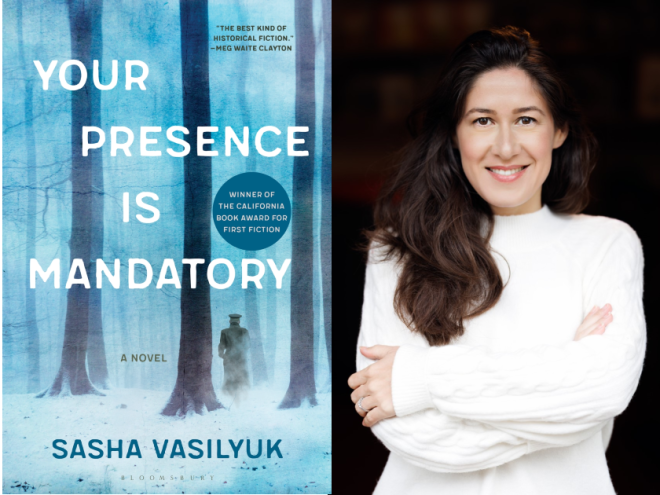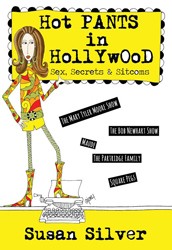Like Alina Adams’s previous two historical novels, Go On Pretending follows three generations of Jewish women in Russia and America. Adams, who was born in Odessa and came to the USA as a child, is intimately familiar with this subject.
Go On Pretending mainly takes place in America. Protagonist Rose falls in love with an African American man and moves with him to Russia during the Krushchev era. Rose is a Communist true believer, but her daughter Emma sees past the socialist façade to the thought control that dictates everyday life in the Soviet Union. This creates lifelong tension between mother and daughter. Emma’s outlook leads her to marry Dennis, a Russian Jew whose cynicism about Soviet society is so acute that he succeeds as a television journalist simply by saying what he knows everyone wants to hear.
Adams is skilled at weaving reality into fiction. Rose works for the real-life soap opera pioneer Irna Phillips. Dennis has an interview with Phil Donahue, based on a real interview Donahue had with Vladimir Pozner. Dennis moves the family to a libertarian settlement that is an offshoot of the Free State Project in Corinth, New Hampshire; Corinth is a stand-in for Grafton, the town where the events that inspired the novel actually took place. Emma’s daughter Libby travels to Rojava, an actual autonomous region in northern Syria that is almost completely unknown in the West. It has an extremely complex political history that includes remarkable elements of secularism, feminism, and socialism.
Adams has an acute understanding of the way politics influences culture in Russia and in America. She pinpoints America’s pivot from a national fear of Communism to Islamophobia in the wake of 9/11. After the fall of the Soviet Union, Dennis and Emma make new, right-wing friends. Emma finds that “now, instead of being lectured on how public schools brainwashed revolutionary children with bourgeois middle-class values of individuality, she was treated to arias regarding how they were hotbeds of Communist indoctrination designed to ignite class warfare. Either way, the solution was to remove their own offspring from government influence via private instruction” — a perceptive, acerbic statement about middle-class America at the time.
While Rose is a fully formed character, Emma occasionally seems to serve as a mouthpiece for Adams. But the author’s insights are so sharp and her plotting is so smooth that the reader is continually surprised, intrigued, and informed by her depiction of Russian Jews in the twentieth century.
Beth Dwoskin is a retired librarian with expertise in Yiddish literature and Jewish folk music.





